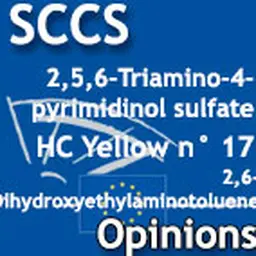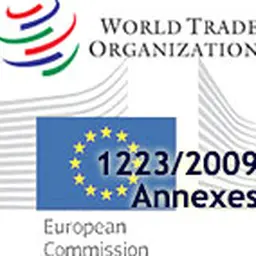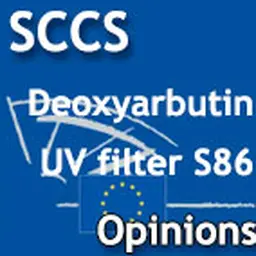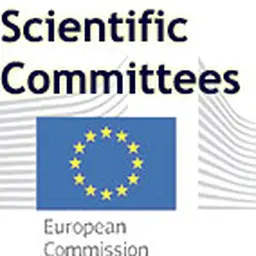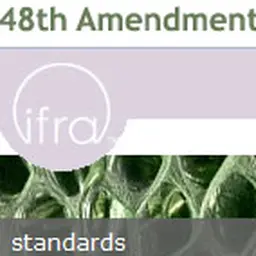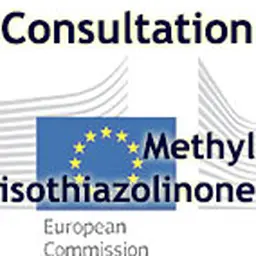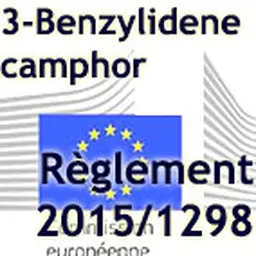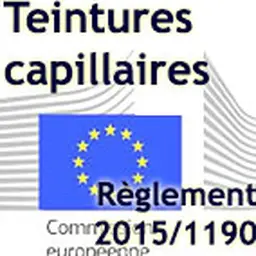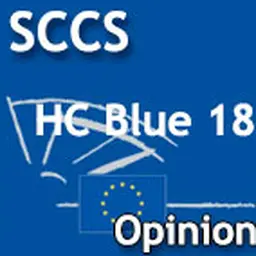
It is now a (sad) habit with Brexit: negotiations are slipping, agreements are dragging on, companies still don’t know exactly what regulations they will have to comply with, and the authorities (like recently the French government) are urging them to prepare for the fateful deadline of 1 January 2021. During the International Meetings of Cosmed, on October 2, 2020, Nicholas Shaw Nunez, from the British CTPA (Cosmetic, Toiletry and Perfumery Association), gave an overview of the last elements to be taken into account.
The future relationship between the EU and the United Kingdom has been set out in the withdrawal agreement, which states that they are to negotiate a free trade agreement. Negotiations are still under way, and dragging on, with no real appreciation of when and how they will be concluded.
Today we are still, and until 31 December 2020, in the transition period: European laws still apply to the United Kingdom, even though it is no longer a member of the European Union.
“But so far the British government believes Europe is asking too much, which is creating a real blockage,” said Nicholas Shaw Nunez, “and it is increasingly unlikely that negotiators will be able to hammer out a free trade agreement in time for it to come into force at the end of the transition period. There may be a later one, but that could mean that by early January relations between the two sides of the Channel will be governed by WTO rules. With implications notably on customs procedures and taxes.”
So today we are still faced with two possible scenarios:
1. a free trade agreement is concluded before the end of October: its terms will be applicable from …

